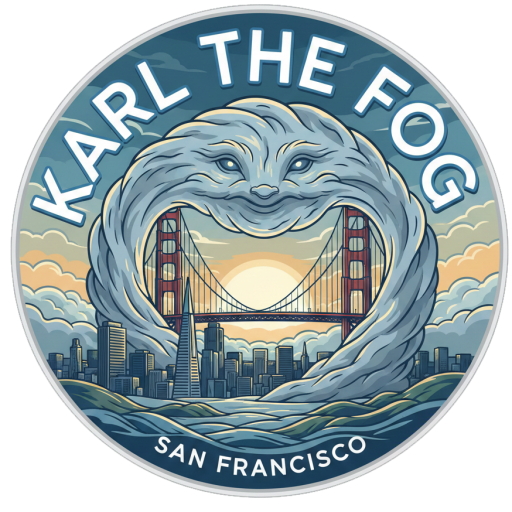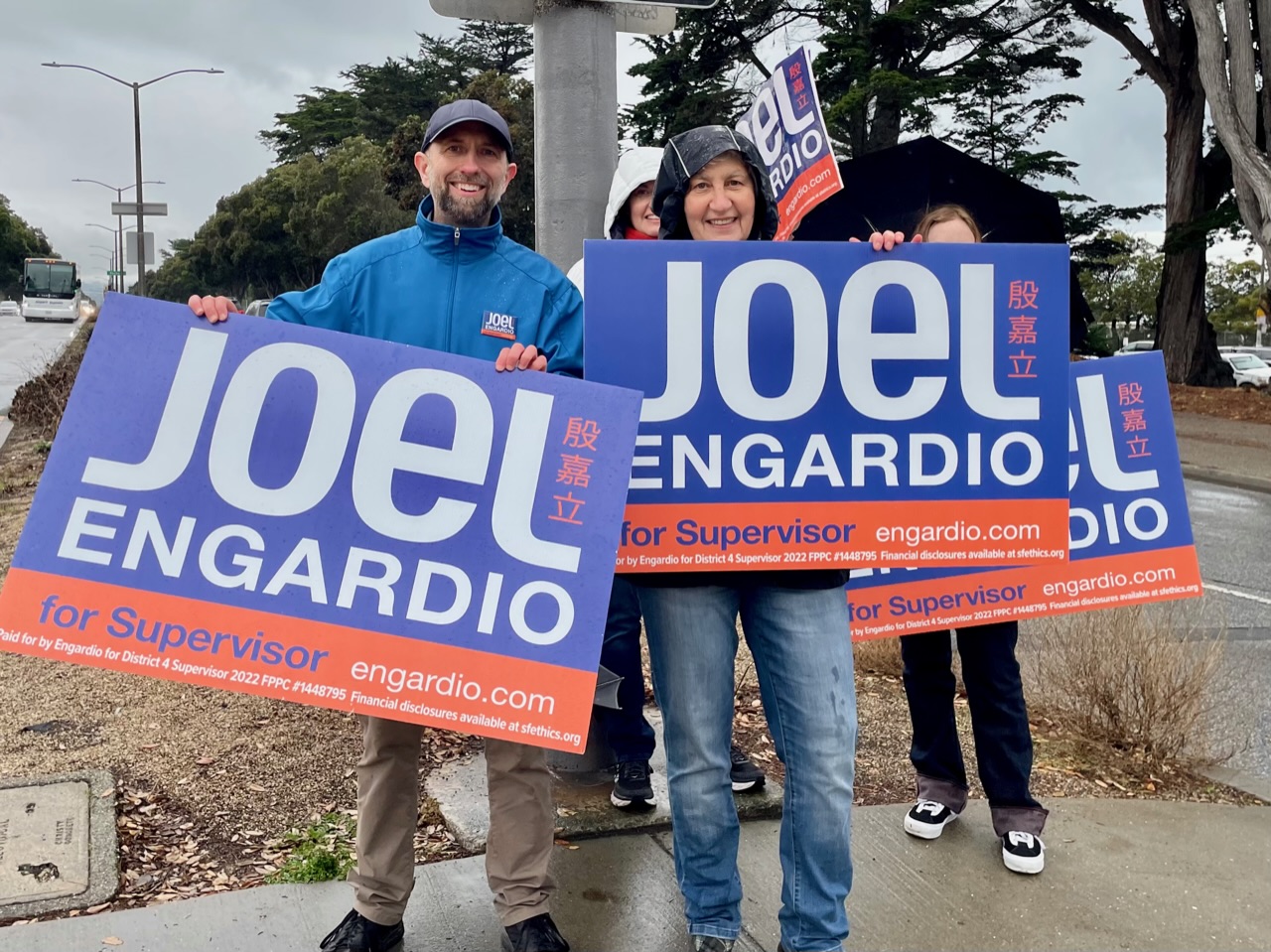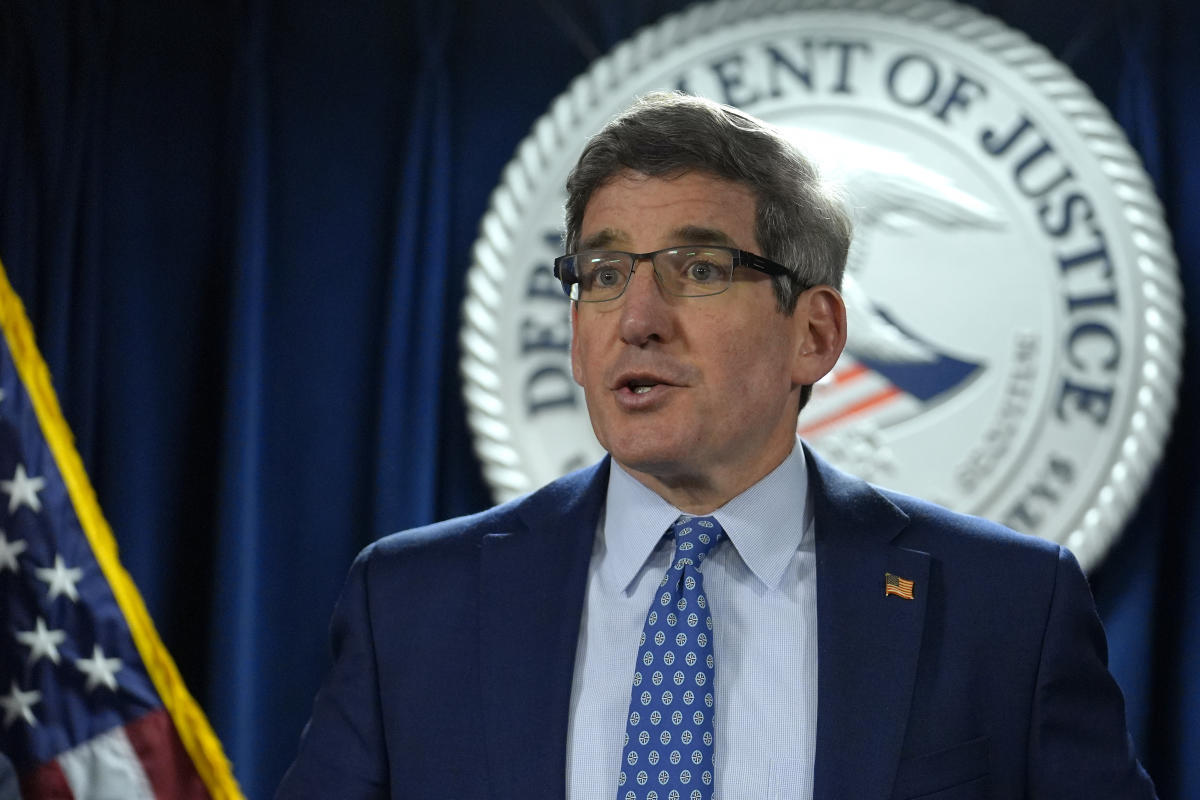[ad_1]
The cliched definition of “irony” involves a diabetic running to the drugstore being struck by a truck carrying insulin.
In Supervisor Joel Engardio’s District 4, enraged locals would claim that truck ought to have been traveling on the Great Highway but was instead diverted onto crowded residential streets — and begin circulating recall petitions.
Engardio is both a smart man and a student of local political history. So he understands the irony of the situation he’s in, even if he doesn’t appreciate it. Engardio ascended into the forefront of local politics by fomenting anger at the system and supporting recall movements. But he now finds himself in the crosshairs of those angry at the system — namely, him — and supporting a recall movement — of, namely, him.
At issue is Engardio’s championing of Proposition K, which he and four other supervisors placed on November’s ballot. The measure, which closed the Great Highway to vehicles in hopes of creating a future park, passed citywide with nearly 55 percent of the vote.
So, the Great Highway will be devoid of cars. And a park may yet come. But the unintended consequences are legion. Prop. K was a clear lifeline for embattled progressive District 1 supervisor Connie Chan, who inveighed against a proposition that 63.9 percent of her constituents voted down. It may end up blowing up Engardio’s career. And, speaking of blowing stuff up, Prop. K was the legislative equivalent of drilling into the fault line in the San Francisco moderate movement between old-school westside homeowners and YIMBY, e-bike urbanists, planting explosive charges.
Rarely will you see a more divided electoral map:
Map by Kelly Waldron. Data from the San Francisco Department of Elections.
In Engardio’s District 4, 63.7 percent of voters went no on K. These are alarming numbers for a district representative, at least one who aspires to continue being a district representative. You may recall that Trevor Chandler finished a highly respectable fifth citywide in his March race for a spot on the Democratic County Central Committee — but placed a distant 16th in District 9. This boded poorly for his subsequent District 9 supervisorial campaign. And, lo, he was trounced by a 60-40 tilt.
Similarly, it bodes poorly for Engardio that a near supermajority of his constituents are against him on Prop. K. But it gets worse: In the three conservative-voting precincts grafted into District 4 that wholly provided his slim margin of victory in the 2022 election, nearly 77 percent of the voters were against Prop. K.
This is Engardio’s political base, and these are his neighbors — Engardio, too, was grafted into District 4 in 2022. But what the statistics don’t show you is that not only did vast numbers of District 4 residents vote against Prop. K,they did so vehemently: They blackened that circle with animus.
Perhaps big checks from a billionaire-backed entity to subsidize signature-gathering will materialize, as they did in the school board and DA Chesa Boudin recalls supported by groups like TogetherSF and Neighbors for a Better San Francisco and GrowSF. Or not: If anything, all or most of these groups and their wealthy backers are with Engardio.
But perhaps no big check is necessary. That’s because there are a lot of angry westside voters out there right now — and it’s not overtly ideological. Progressives, moderates, whatever — lots of them are pissed (but especially moderates). And driven.
At the moment, there’s no means of quantifying just how angry District 4 voters are; “ripshit” seems to be the term of art among veteran political observers.
More than one of them independently quoted the biblical phrase from Hosea 8:7: For they have sown the wind, and they shall reap the whirlwind. Ardent recall backer Joel Engardio sowed the wind — and, now, he stands to reap the whirlwind.
Precincts that supported Joel Engardio the most strongly opposed Prop. K

Precincts added to
District 4 in 2022
Percentage of District 4 voters who voted
against Prop. K in November 2024.
Percentage of first-choice votes Joel Engardio
received in the 2022 District 4 supervisor race.

Precincts added to
District 4 in 2022
Percentage of first-choice votes Joel Engardio
received in the 2022 District 4 supervisor race.
Percentage of District 4 voters who voted
against Prop. K in November 2024.
Chart by Kelly Waldron. Data from the San Francisco Department of Elections. Basemap from Mapbox.
A political generation ago, District 4 residents received pre-election day calls from volunteers on David Chiu’s mayoral campaign.
“Did you know,” a volunteer gushed, “that David doesn’t own a car?”
People in District 4 own plenty of cars. What was this about? Did David need a ride?
Political observers attempting to downplay Prop. K as a provincial dispute about an eroding and sand-swept road may be right — but they’re not correct. You may as well try to explain to Michigan and Ohio State fans that, hey, it’s just a ballgame, settle down. Politicians or city officials who stand between westside residents and their cars tend to get run over.
So if you’re wondering if a disagreement about a roadway could spur a recall — which, locally, have tended of late to be fueled by perceptions of crime or chaos (perceptions that, often, cannot be quantified) — the answer is an unqualified yes. Yes, this could absolutely get Joel Engardio recalled. And while Engardio has implored his constituents to consider the totality of his not quite two years in office, a single vote or issue, even a parochial one, is often what spurs a recall.
That’s what recall maven Joshua Spivak says, and few people obsess over recalls more than the author and keeper of the Recall Elections Blog. Firing a police chief, re-hiring a disliked city manager, even attempting to make a road thinner — all of these have spurred recalls of late. Unlike the more ideological, vibes-based recalls in San Francisco and Alameda County, an issue-driven recall is actually par for the course.
And unlike claims of runaway crime and chaos, recalls can be quantified — both Spivak and the site Ballotpedia keep track of yearly recall totals. And while more people are threatening recalls and attempting recalls, there hasn’t been a huge rise in recalls making the ballot in California or nationally.
But in the Bay Area, that’s not the case. Why is that? Several reasons. This is a place awash in money, and consultants think $100,000 would potentially be enough to run a successful signature-gathering campaign in District 4. And once a recall is on the ballot, most every Bay Area politician is imperiled. In a ranked-choice election, candidates can win with a third of first-place votes — immediately putting them behind the eight ball when voters are asked to weigh in on them and them alone, up or down.
But there’s more: Now it’s part of our culture. “Success breeds success,” Spivak says. Recalling elected officials has become something we do here — and in California, unlike other states, there is no justification required for a recall. You just have to collect the signatures.
That’s not the case elsewhere. In Washington an official can only be recalled when he or she “has committed some act or acts of malfeasance or misfeasance while in office, or … has violated his [or her] oath of office.” This, Spivak notes, is why fewer than 10 recalls made the Washington ballot between 2011 and 2023 while Oregon had more than 100 and California more than 130 (and more now).
When I ask Engardio how a malfeasance standard sounds, he agrees it does make decent sense — even though this would’ve prevented the school board recall in which he was a fervent participant and the recall of DA Chesa Boudin, which he backed.
“As someone who supported past recalls, I’m the last person to say people don’t have a right to recall elected officials,” he says. “It’s a democratic right. But when is it used? What is the bar? These are all valid questions. But being subject to a recall and having supported past recalls I am probably not the right person to talk about recall reform at this moment.”

You know who might be the right person? Engardio’s constituent, Chesa Boudin. Like everyone on the westside, Boudin drives to work. But because he lives between Sloat and Lincoln, the Great Highway provides no benefit for him — whereas a waterfront park and walkway do. So he voted for Prop. K. And, if need be, he’d vote against a recall of Joel Engardio.
This is no given. The two are not politically aligned — at all. You’ll note also this 2019 DA debate, moderated by Engardio and hosted by his group, Stop Crime SF. Engardio’s first question to Boudin, then a career deputy public defender, was unsubtle: “Please outline your trial experience prosecuting property crime and violent crime…”
Engardio made his support of the recalls a campaign issue in unseating Supervisor Gordon Mar — even though recalls have nothing to do with a supervisor’s duties. This is some weapons-grade schadenfreude here.
But not for Boudin: “Recalling people every time we disagree with one of their decisions or policies is going to make it impossible to govern, if it hasn’t already,” he says. “I don’t think our disagreements are cause to recall someone who has barely been in office half their term.”
A lovely waterfront park — or, at the very least, a walkway where your kids can bike around without being run over — may end up being Engardio’s legacy. But so will the normalization of recalling people who’ve barely been in office half their term, for whatever reason people want.
Joel Engardio is reaping the whirlwind. Perhaps in the not-too-distant future we can look back and see if it was all worth it.
[ad_2]
Source: missionlocal.org



